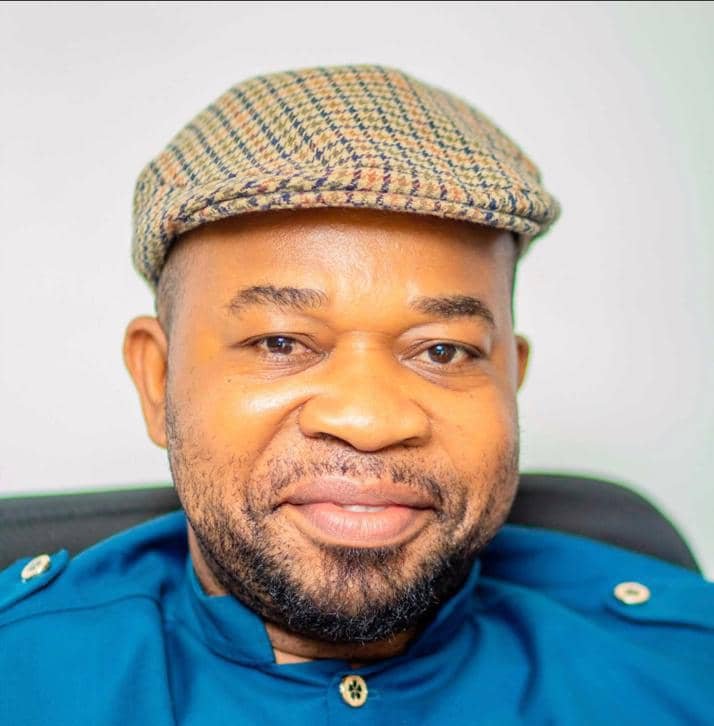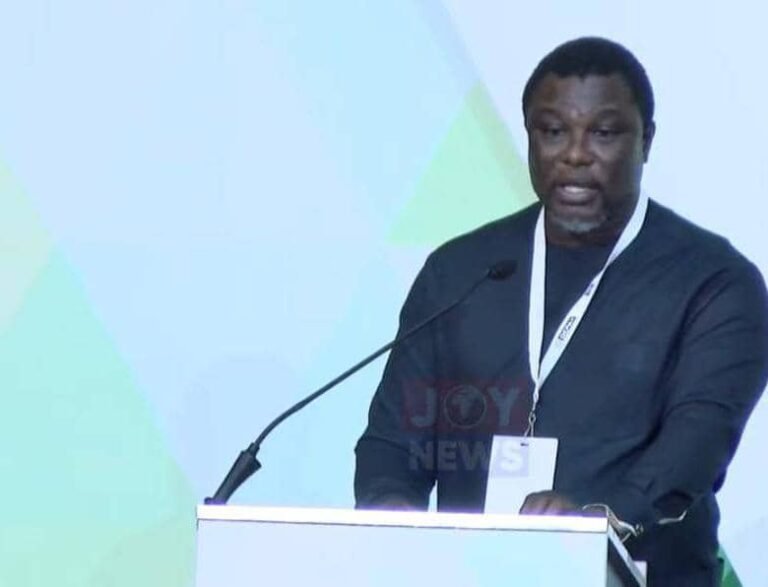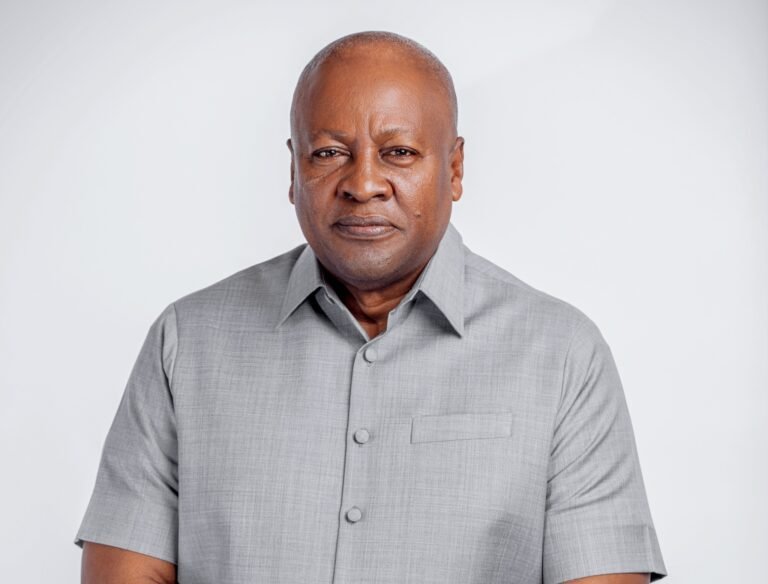
Finance Minister Ken Ofori Atta
With economies, globally, being confronted with uncertainties related to the coronavirus pandemic, gold-backed Exchange Traded Funds (ETF) have seen seven consecutive months of positive flows, as of June. According to the World Gold Council, the global net inflows into Gold-Backed ETFs was $39.5 billion in the first half of this year.
To this end, National Blue Ocean Strategy Institute (NBOSI) has predicted that the decision by the Ghanaian government to invest its mineral royalties on the Ghana and London Stock Exchanges could be the trump card to saving the country from its economic woes post the novel coronavirus pandemic.
NBOSI is a non-profit sovereign strategy, policy analysis and implementation group focused on working with African governments to create actionable solution pathways to national challenges.
It contends that the Agyapa Royalties transaction may present the government the best window of opportunity to launch the minerals initiative which is attracting so much interest.
The transaction, part of the current government’s strategy to beat the long-standing problem of lack of capital for developmental projects, has been confronted with a lot of criticisms and misconceptions.
However, NBOSI, in a document authored by its founder, Hene Aku Kwapong, has noted that there are a lot of erroneous assertions on the technical side of the Minerals Income Investment Fund (MIIF) and the Agyapa Royalty Limited (ARL) transaction that need to be corrected.
The document notes that majority of the arguments against the transaction relate to comparing equity valuation for investing with royalty receivable valuation, saying “they are two totally different cash flows with different risk profile.”
Concerns
NBOSI refers to the 2019 Ghana Chamber of Mines Annual Report, which raised concerns about the lack of investment in the minerals sector, stating that if investment dries up, future production needed to maintain expected royalty payments will suffer.
The report revealed that the government’s royalty revenue-run rate averaged $167million over the past 10 years due to issues in gold prices in 2015, which caused the government’s revenue to decline from $199million in 2014 to $142million in 2016.
“For the next 20 years of the current royalty contracts, gold will go through its typical commodity cycle. There will be same erratic flows and, if gold prices should tumble below the sector cost of $1,100/oz, it will have a drastic impact on the government’s ability to support the industry,” it bemoans.
NBOSI points out that Ghana’s annual revenue from gold, bauxite and diamond is dire, saying lack of investment in the three minerals will witness the country facing significant annual revenue risk while that of diamond can practically disappear, hence the creation of MIIF to hold mining rights, which is the first step to addressing the aforementioned issues.
Mining royalty
Per the document, over the past decade, investments in royalty companies such as gold royalty companies have done well and outperformed even the underlying metal.
It notes that countries such as Nigeria, Burkina Faso and Cote d’Ivoire have done royalty transaction with Canadian, Australian and US royalty companies, which have proven to be beneficial.
“Maverix Metals, one of the smaller royalty companies with both New York and Canada Stock Exchange listing, is about the size of the Initial Public Offering (IPO) MIIF wants to do with Agyapa Royalty,” it said.
It therefore notes that investment in the form of capex maintenance, among other things, are needed to assure the protection and growth of existing royalties to deal with the concerns raised about the lack of investment in the sector.
Over the years, successive governments have tried to look for money by going to the IMF, the capital market or the international bond market. However, according to NBOSI, these three main sources of capital are expensive.
Also, interest rates on the bond markets are generally high, and because the tenure is short, Ghana risks falling into high debt distress.
It notes that IMF loans have become unpopular because of the restrictions they usually come with while the coronavirus seems to have made loans on the capital market unattractive.
And with Ghana’s current poor credit rating and the effects of the pandemic, it says, the government needs access to cheaper sources of capital, hence the belief that a deal like the Agyapa Royalties agreement is among the strategies governments across the world have adopted to raise money on the global financial market.
Misconceptions
NBOSI further cleared the misconception created by some people about Jersey being a tax haven and, hence, government should not be setting up it entities there.
NBOSI’s CEO notes that Jersey is no different from Knightsbridge in London, which has been suggested by some people.
“Knightsbridge is an offshore jurisdiction for UK non-residents. Having an entity registered in an offshore account to facilitate global transactions is a common practice in global transactions. What is strange about some of the tax arguments I am hearing about, however, is not quite accurate.
“Listing on the London Stock Exchange subjects any entity to UK financial Reporting rules. Any investor receiving investors handle their own taxes per authority of the Jersey jurisdiction, that is what it means,” the document adds.
Source: dailystatesman.com.gh/Isabella Agyakwa and Kwasi Frimpong





